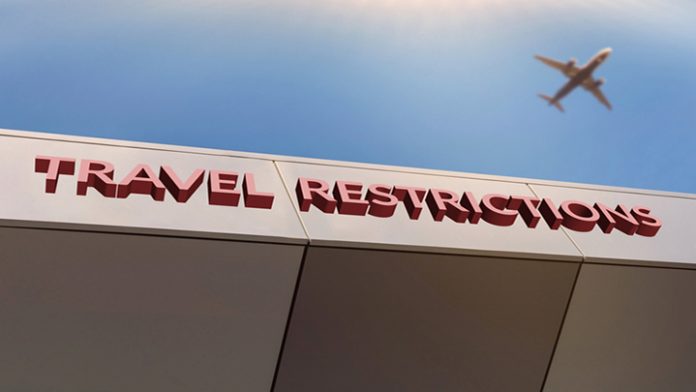The UAE government has announced specific conditions under which residents and citizens within the country can travel abroad beginning June 23rd.The detailed rules apply to all states including Abu Dhabi and Dubai. Based on these announced requirements, it seems unlikely that there will be many outbound medical tourists in the short term.
All countries have been classified into three categories: low-risk nations, medium-risk nations, and high-risk nations.
- Residents and citizens in the UAE will be allowed to travel freely to low-risk nations, but the regulators have yet to specify which nations fall within this category.
- Travel to medium-risk nations is available only to a limited category of citizens and only in case of emergency, namely for necessary medical reasons, or for visiting close family members, or for military, diplomatic and official missions.
- All travel to high-risk countries is banned.
A travel protocol will be enforced which will include medical tests, prior travel registration, quarantine, self-follow-up of traveller’s health status and awareness of the precautionary measures.
The following measures are to be observed by all citizens and residents before travelling abroad:
- All citizens and residents must apply for a travel request through the Federal Authority for Citizenship and Identity’s website and register in the Twajudi service prior to travel.
- They must undergo a Covid-19 test before travel as the health regulations in the country of destination may require a test result which is conducted no more than 48 hours before the travel date. These test results have to be presented at the UAE’s airports via the ALHOSN app. Only travellers who test negative are allowed to travel.
- Anyone over the age of 70 is not allowed to travel
- Anyone with chronic diseases is advised not to travel for their own safety.
- An international medical insurance covering the country of destination is mandatory for all travellers.
- Everyone must comply with preventive measures at the airports, including wearing facemasks, gloves, sanitisation of their hands and maintaining safe physical distance.
- People with body temperatures of 37.8 C or higher, or those with respiratory disease symptoms will be isolated. Any persons suspected to have contracted Covid-19 will not be permitted to travel.
- Emiratis and residents must fill the required individual health accountability form, which includes an agreement to quarantine upon return and not to travel to destinations other than the ones applied to.
At the destination country, and before returning to the UAE, the following measures need to be observed:
- Travellers who feel unwell should go to the nearest health centre and use their health insurance.
- If they undergo a Covid-19 test in the foreign country and test positive, they should notify the UAE embassy in that country, either through Tawajudi Service or by contacting the embassy. The UAE mission will ensure that Covid-19 patients are taken care of and the UAE Ministry of Health will be notified.
Citizens and residents returning to the UAE must observe the following measure:
- Everyone must wear a facemask at all times upon entry.
- All travellers must show a special form of their itinerary and health status form, along with their identification documents.
- Travellers must ensure they download and activate the ALHOSN app on their mobile phones.
- Upon returning, travellers must undergo a mandatory home quarantine for 14 days after the Covid-19 test, which could decrease to seven days for travellers arriving from countries with lower risk or for professionals in critical sectors.
- Travellers with any symptoms must commit to undergo Covid-19 tests in an accredited medical facility within 48 hours of entering the country.
- If it is not possible to undergo home quarantine, the traveller must commit to self-quarantine in a facility or a hotel and pay all expenses.
People planning medical treatment trips must coordinate with relevant government authorities for further details. This will vary by state.
These are only the first set of procedures, as they will be updated regularly, based on new developments and the health situation.
The mandatory requirement for all travellers to have an international medical insurance covering the country of destination could mean travel health insurance, or it could also mean international private medical insurance with travel health cover.
Rahul Shukla, Manager – International Patient Centre at NMC Healthcare, UAE will be explaining why destinations and providers will need to rethink their approach to attracting international patients and delivering services, at the IMTJ free to attend webinar on 8 July.








 ©2024 All rights reserved LaingBuisson
©2024 All rights reserved LaingBuisson 


